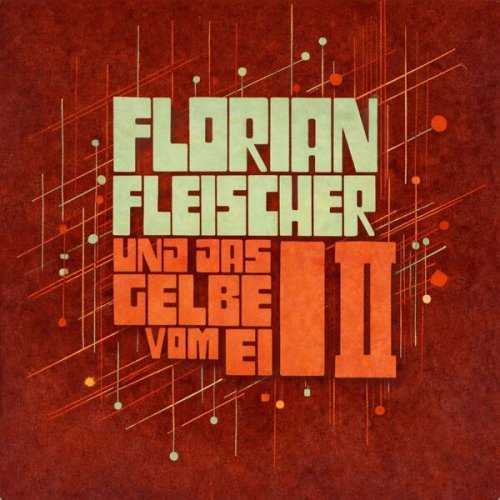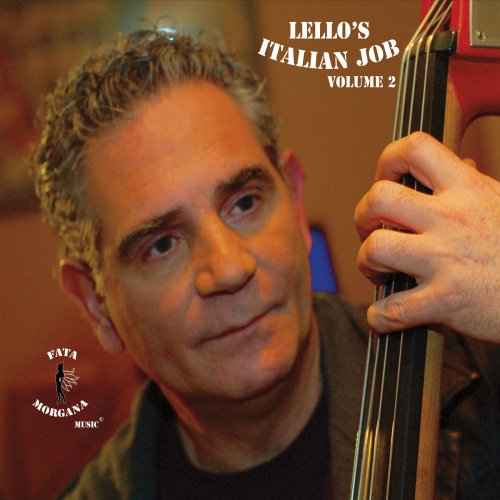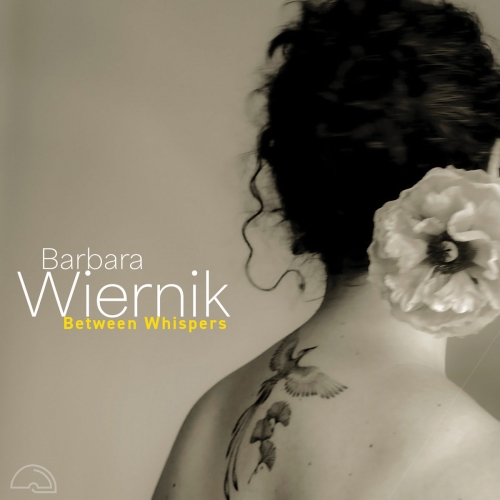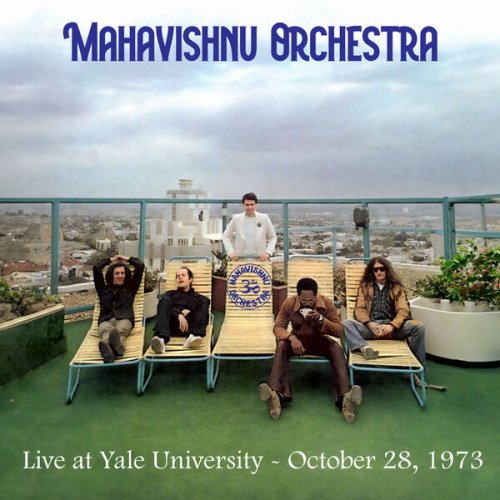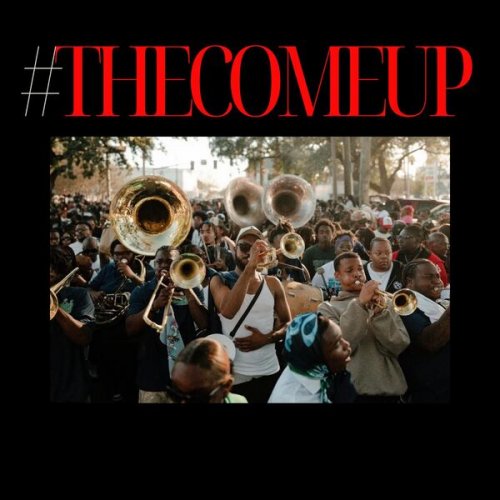Philip Pickett - Bach: Christmas Oratorio (1999)
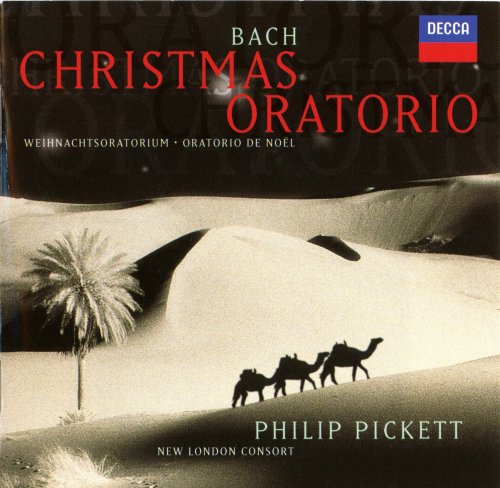
Artist: Philip Pickett
Title: Bach: Christmas Oratorio
Year Of Release: 1999
Label: Decca
Genre: Classical
Quality: FLAC (image + .cue, log, scans)
Total Time: 2:26:37
Total Size: 588 MB
WebSite: Album Preview
Title: Bach: Christmas Oratorio
Year Of Release: 1999
Label: Decca
Genre: Classical
Quality: FLAC (image + .cue, log, scans)
Total Time: 2:26:37
Total Size: 588 MB
WebSite: Album Preview
Philip Pickett is one of the leading ensemble directors in the London early music movement, and is also a highly regarded virtuoso player of the recorder. He became interested in early music while still in his teens through contact with two of the leaders of a generation of "period instrument" musicians, David Munrow and Anthony Baines. Pickett learned to play a variety of Baroque and earlier wind instruments, including the recorder, crumhorn, racket, and shawm.
He became noted as a player before he turned 20. At the age of 21 he became Professor of Recorder in 1972 at the Guildhall School of Music and Drama, as post he retained for 25 years. Throughout the '70s he had continuing and growing success as a solo and ensemble early wind instruments player, in the meantime developing his scholarly interests and skills.
He began forming his own ensembles and in 1981 founded the New London Consort, which soon became known for its razor-sharp musical execution and its performances that were informed not only as regards performance practice, interpretation, and embellishment, but the political, cultural, and educational context of the eras relating to the music on their programs. Pickett's point of view tends towards the freer side of Early Music interpretation. That is, from what is definitely known about performances in a given repertory, he and his ensembles make what they consider reasonable extrapolations so long as they are not contradicted by what is known. (Another school of early music performance confines itself to doing what is known to have been done during the era.) Pickett, therefore, organizes performances that tend to be colorful in instrumentation, ornamentation; use period percussion, speculating for some rhythmic decisions; and be lively, often improvisatory, in performance.
Another characteristic of Pickett's ensembles stems from his recognition of the primacy of the voice during most of the eras in his area of expertise. Accordingly, he maintains close relationships with a core group of singers who often perform in his concerts, artists including Catherine Bott, Michael George, Andrew King, Tessa Bonner, Belinda Sykes, Olive Simpson, Simon Grant, and many others.
In the 1980s Pickett had particular success in the City of London Festival and in 1988 was appointed artistic director of the South Bank Summerscope Festival of Medieval and Renaissance Music. In 1994 he became the director of Musicians of the Globe, the resident music organization of London's reconstructed Globe Theatre.
Pickett has made numerous recordings on the Decca/L'oiseau-Lyre and Linn labels both as a soloist and a leader of ensembles. These include a widely praised set of interpretations of the famous Carmina Burana medieval manuscripts, theatrical CDs such as Monteverdi's Orfeo and Blow's Venus and Adonis, music related to Shakespeare, Bach's Brandenburg Concertos, Elizabethan and Jacobean music, Biber's Requiem, and numerous other works mostly of the Medieval, Renaissance, and early Baroque eras. ~ Joseph Stevenson
He became noted as a player before he turned 20. At the age of 21 he became Professor of Recorder in 1972 at the Guildhall School of Music and Drama, as post he retained for 25 years. Throughout the '70s he had continuing and growing success as a solo and ensemble early wind instruments player, in the meantime developing his scholarly interests and skills.
He began forming his own ensembles and in 1981 founded the New London Consort, which soon became known for its razor-sharp musical execution and its performances that were informed not only as regards performance practice, interpretation, and embellishment, but the political, cultural, and educational context of the eras relating to the music on their programs. Pickett's point of view tends towards the freer side of Early Music interpretation. That is, from what is definitely known about performances in a given repertory, he and his ensembles make what they consider reasonable extrapolations so long as they are not contradicted by what is known. (Another school of early music performance confines itself to doing what is known to have been done during the era.) Pickett, therefore, organizes performances that tend to be colorful in instrumentation, ornamentation; use period percussion, speculating for some rhythmic decisions; and be lively, often improvisatory, in performance.
Another characteristic of Pickett's ensembles stems from his recognition of the primacy of the voice during most of the eras in his area of expertise. Accordingly, he maintains close relationships with a core group of singers who often perform in his concerts, artists including Catherine Bott, Michael George, Andrew King, Tessa Bonner, Belinda Sykes, Olive Simpson, Simon Grant, and many others.
In the 1980s Pickett had particular success in the City of London Festival and in 1988 was appointed artistic director of the South Bank Summerscope Festival of Medieval and Renaissance Music. In 1994 he became the director of Musicians of the Globe, the resident music organization of London's reconstructed Globe Theatre.
Pickett has made numerous recordings on the Decca/L'oiseau-Lyre and Linn labels both as a soloist and a leader of ensembles. These include a widely praised set of interpretations of the famous Carmina Burana medieval manuscripts, theatrical CDs such as Monteverdi's Orfeo and Blow's Venus and Adonis, music related to Shakespeare, Bach's Brandenburg Concertos, Elizabethan and Jacobean music, Biber's Requiem, and numerous other works mostly of the Medieval, Renaissance, and early Baroque eras. ~ Joseph Stevenson
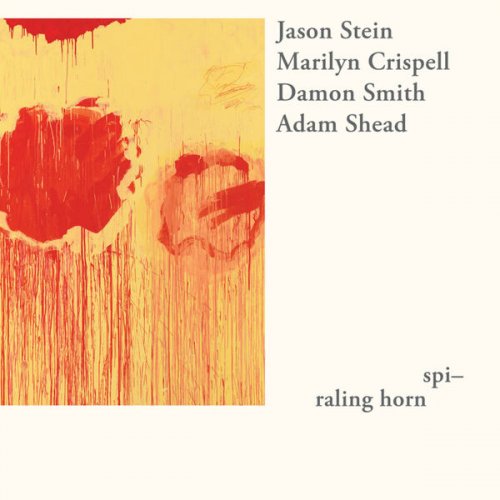
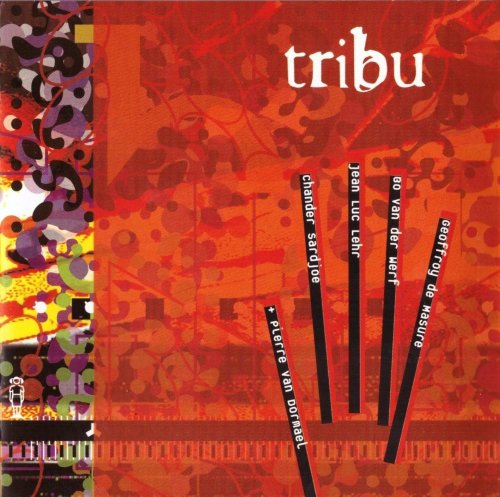
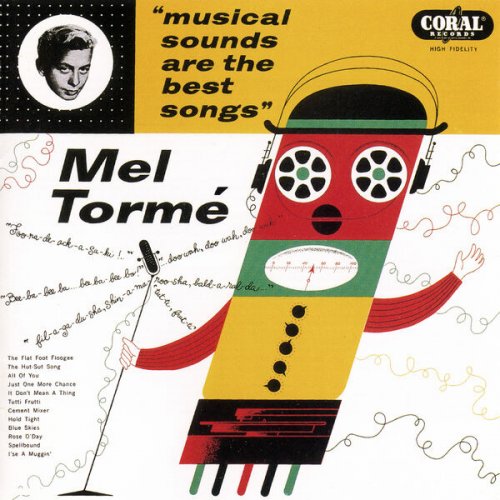
![Emilie-Claire Barlow - La plus belle saison (2026) [Hi-Res] Emilie-Claire Barlow - La plus belle saison (2026) [Hi-Res]](https://www.dibpic.com/uploads/posts/2026-02/1770314882_cover.jpg)
